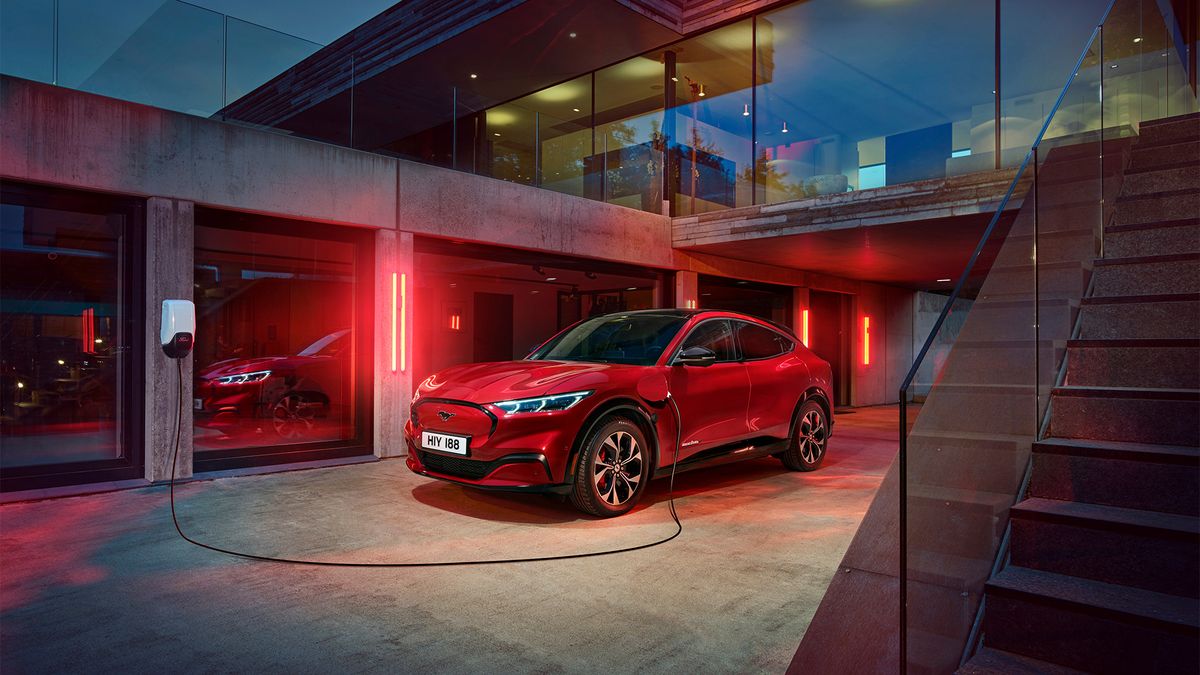Ford Motor, one of the leading automotive manufacturers, has announced that it is delaying its planned $12 billion investment in new electric vehicle (EV) manufacturing capacity. The company attributed this decision to the slow customer uptake of EVs in North America, where customers are reluctant to pay the premium prices associated with these vehicles. Ford’s decision to postpone its investment, which includes a scheduled second battery plant in Kentucky, does not indicate a shift in its commitment to producing future electric models.
According to CNBC, Ford’s CFO, John Lawler, emphasized that customer demand will determine the production volumes of electric, gas, and hybrid vehicles. He stated that Ford has the advantage of balancing its production to match the pace of EV adoption better than its competitors. However, Ford revealed that its electric-vehicle business unit, Ford Model e, reported a staggering operating loss of $1.3 billion in the third quarter of this year, nearly double the loss from the same period last year.
This news from Ford reflects the fading initial enthusiasm for electric vehicles and highlights the challenges faced by automotive companies in this market. Hertz, a multinational car rental company, also recently announced a slowdown in its electrification plans. Hertz cited increased repair costs and Tesla’s frequent price cuts that affected the resale value of its EV stock as reasons for scaling back its electric fleet.
Furthermore, Honda and GM have abandoned their joint plan to invest $5 billion in developing more affordable EVs. GM has revised its EV targets due to uncertainties surrounding customer demand, indicating the growing realization that the transition to all-electric vehicles may be more difficult than initially anticipated.
According to Mercedes-Benz CFO Harald Wilhelm, the EV market has become a “pretty brutal space.” Some manufacturers are selling EVs at lower prices than internal combustion engine cars, despite higher production costs. This discrepancy raises concerns about the sustainability of the current market situation. Wilhelm added that electric cars are unlikely to see a significant price reduction in the near future, indicating that the journey towards widespread EV adoption will be longer than expected.
Overall, while automotive manufacturers remain committed to an all-electric lineup in the next decade or so, they are grappling with the challenges posed by consumer demand, pricing, and production costs. The reality of the EV market is gradually taking hold, highlighting the need for innovative solutions and strategies to navigate the evolving landscape.

I have over 10 years of experience in the cryptocurrency industry and I have been on the list of the top authors on LinkedIn for the past 5 years.

